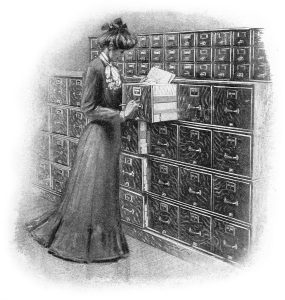Module 07: Memory

Description: How do we get information into memory and get it back out again? This module examines the basic processes of memory, exploring how information is transformed into mental representations, maintained over time, and accessed when needed.
Why This Module is Important: Understanding memory processes is crucial for counseling practice. Therapists use this knowledge to help clients improve memory functioning, develop better study strategies, and cope with memory impairments. This understanding helps counselors design interventions that work with natural memory processes rather than against them. Beyond therapy, these principles guide educational techniques, inform advertising strategies, and help software designers create more learnable interfaces. This knowledge helps you understand how to optimize information storage and retrieval in any context.

Module Learning Objectives: By the end of this module students will be able to…
- MLO1: Critique the three-stage model in light of contemporary memory research and propose integrative frameworks that reconcile conflicting findings. (CLO1, CLO2, CLO4, ULO2, APA1, APA2, APA4)
- MLO2: Analyze factors affecting encoding and retrieval. (CLO2, ULO2, APA2)
- MLO3: Evaluate different memory systems. (CLO2, CLO4, ULO2, APA2, APA4)
Media Attributions
- Macy Vertical Filing Cabinet, Public domain image
- IBM Punch Card by IBM Archives, Licensed under CC BY-SA 3.0
